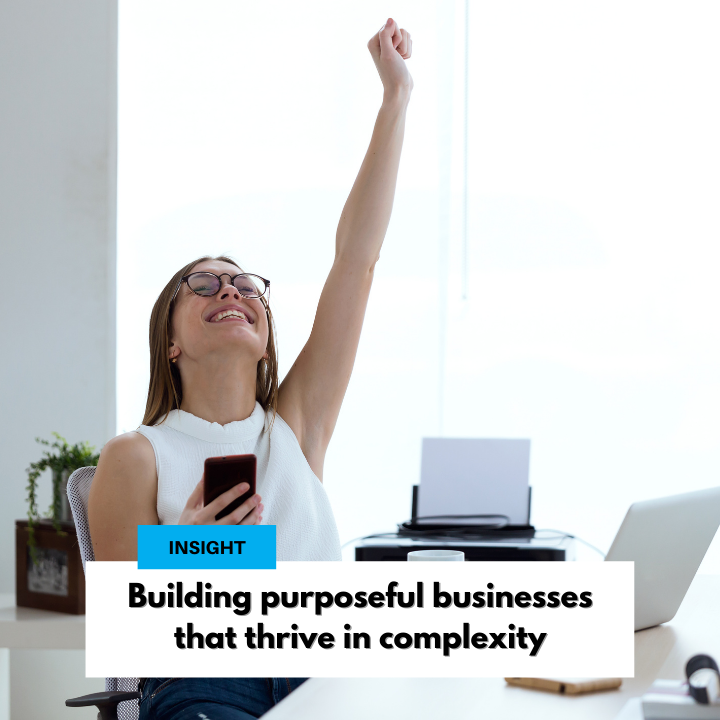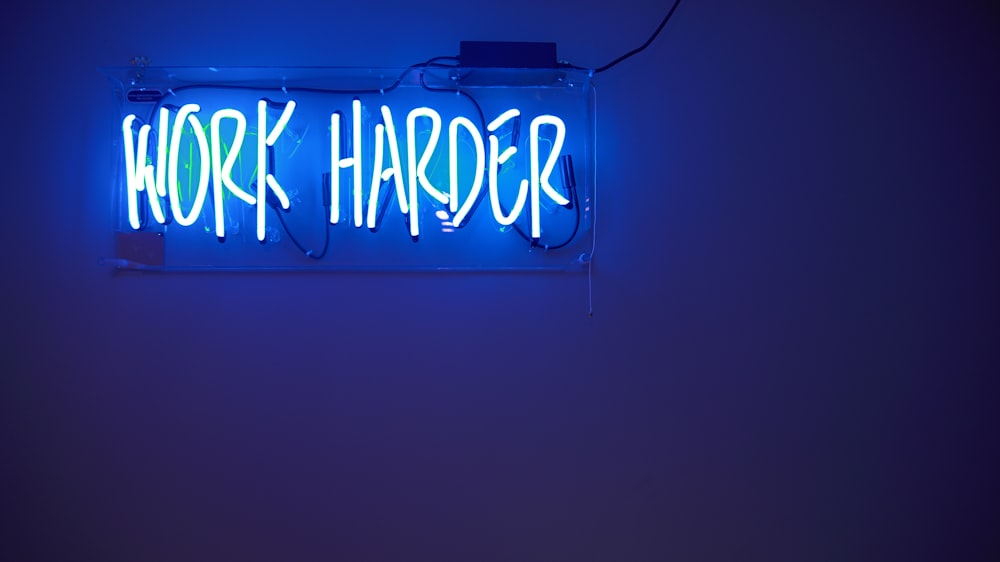“The pandemic represents a rare but narrow opportunity to reflect on, reimagine and reset our world”.
Klaus Schwab – Founder and Executive Chairman of the World Economic Forum
We live in an increasingly complex and interconnected globalised world and are experiencing change at an unprecedented pace which is causing a great deal of disruption. It would be very easy to blame COVID for the situation we find ourselves in, but these challenges emerged long before we heard the first reports of a deadly disease emerging in Wuhan in late 2019. For years, businesses across the world have been experiencing increased pressures from limited resources and increased regulation, digital transformation and changing consumer patterns. The list goes on. This is not a new phenomenon.
I think that COVID has exposed the fault lines and the volatility of our overly complex supply chains and the lack of resilience within our economies and organisations. It could be argued that we live in a brittle world and a great deal of our existing systems have already become or are quickly becoming obsolete.
Hope & Positivity
But it’s not all bad news. I am more optimistic than ever about the future. Schwab’s words are ambitious, but I wholeheartedly agree with him, this is the time for a reset. Our response to the recent economic disruption has shown us that fast paced change and innovation is possible and that we could be at the beginning of a great technological and cultural revolution that is being accelerated by the pandemic.
My hope is that this renewed appetite for a “new normal” (whatever that is?) continues on long after the events of 2020 are a distant memory. A great opportunity would be lost if we were return to the short-term mindsets and relentless pursuit for profits at all cost that have triggered environmental catastrophe and inequality across the globe. It is time to take a longer-term view and contemplate the future of capitalism.
But defining what comes next still seems intangible for many because it is so hard to break with old thinking patterns and declutter our minds. We need to find ways to look at problems and opportunities through a divergent fresh perspective that encourages creativity and higher levels of awareness and engagement. In times of change we need new ideas and new alternatives. We need to challenge conventions and industry norms to question why we do what we do.
“To produce profitable solutions to the problems of people and planet, and not to profit from producing problems for people or planet”.
PROFESSOR COLIN MAYER
The emergence of “Purpose” as a driving force for business is gaining momentum in the SME world and research from Harvard, PWC, Forbes and Deloitte all point to the fact that businesses who centre their offer around the “Why” rather than the “How” and “What” are more successful. The evidence suggests that Purpose driven organisations are more profitable, grow faster, inspire richer innovation, attract the best talent, build loyal customer relationships and are perceived as more authentic than their non-purpose driven counterparts. The emergence of B-Corp certification (https://bcorporation.net) as a global movement towards people using business as a force for good is a testament to a changing of the guard away from the shareholder towards the stakeholder. The fact is that it pays to consider the impact of our decisions on our workers, customers, suppliers, community, and the environment.
Purpose driven organisations such outdoor apparel firm Patagonia and the UK’s beer maker Brewdog are blazing a path towards going carbon negative and environmentally designed products. They show us that it is possible to have a genuine desire to do the right thing that isn’t just a shallow marketing tool.
To use a wise old farming term, we are custodians of the land and our goal is to pass it on the next generation in better condition than we received it. I think we apply to same sentiment in business.
Organisations such as the Ellen MacArthur Foundation are showing us that there are viable and sustainable alternatives to our current take, make and dispose systems and business models. We can move beyond basic recycling and reducing negative impact to design out waste completely. I suspect that the 5th Industrial revolution (after digital) will mimic the biological metabolisms we see in nature where materials, resources and knowledge are seen as nutrients that flow in biological and technical cycles throughout our economy like an industrial forest. This will require a change of focus away from economies of scale to economies of scope (Effectiveness not efficiency). These concepts might sound like wishful thinking, but I would encourage all business leaders to take note.
A call to action
This is the time to fuel the entrepreneurial mindsets within our organisations to reconnect with our customers in meaningful ways and provide products and services that address and respond to their needs. We need to manage the process of innovation beyond lightbulb moments to generate value from ideas, fail fast and plant seeds that grow and blossom into new products, processes, services and business models. Now is the time to invest in the future and there are a wide variety of mechanisms available to fund research and development. Business leaders must acknowledge the fact that more often than not, our existing business models are our biggest threat and that now more than ever, we should be exploiting what we do today and exploring what comes next. This is the lifecycle of business.
Inspire
We’d like to thank Tom Dent from Inspire for this thought-provoking and inspiring guest blog. We’re proud to be Inspire members, it is a business support organization for ambitious business leaders across the South West. Subjects matter such as sustainability, culture, wellbeing, innovation, value and customer need are becoming more common place than ever before. It is a privilege to be part of such an incredibly proactive and forward-thinking network of businesses and even though there is still a great deal to do, 2021 and beyond looks set to be a very exciting time indeed.
As PR experts, we want to give you all the tools you need to find the best PR agency for your business needs. If you need PR support but aren’t sure where to start, download our PR Buyer’s Guide to identify what to look for and expect! We want you to make the right choice for your business’ success!






